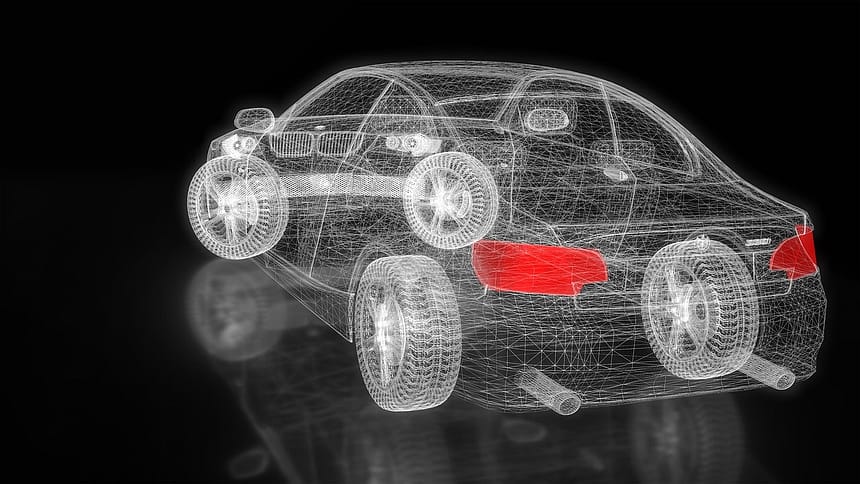Tata Group, the parent company of Tata Motors and Jaguar Land Rover (JLR), has announced plans to construct a state-of-the-art battery factory for electric vehicles (EVs) in the United Kingdom. The group, which already manufactures luxury cars and SUVs through JLR in the UK, will invest over £4 billion (approximately Rs 42,000 crore) in setting up the battery plant.
The new EV battery factory will have an impressive capacity of 40GW, surpassing the 38GW battery factory proposed by the Shanghai-based Envision Group near Nissan’s plant in Sunderland, UK. The Faraday Institute has estimated that the UK requires a total local capacity of 100GWh by 2030 to meet the growing demand for EV production, which is projected to rise to 200GWh by 2040.
Although the exact location of the factory has not been officially confirmed, reports suggest that Tata has identified a site in Somerset for the plant. This choice has the potential to create around 9,000 jobs, providing a significant boost to the region’s economy.
Tata Group aims to produce sustainable battery cells and packs for various applications within the mobility and energy sectors. The plant will undergo a rapid ramp-up phase, with construction and operations expected to commence within three years. Additionally, the company plans to maximize the use of renewable energy at the battery factory, with the ultimate goal of achieving 100 percent clean power. Emphasizing sustainability, Tata also plans to recycle batteries in-house, contributing to the creation of a truly circular economy ecosystem by reclaiming raw materials for reuse in new batteries.
The announcement has been met with enthusiasm by British Prime Minister Rishi Sunak, who views Tata Group’s decision as a significant vote of confidence in Britain. He believes that the battery factory will not only create thousands of skilled jobs but also strengthen the country’s position in the global transition to electric vehicles and foster growth in clean industries.
The upcoming battery factory will not only supply batteries to JLR and Tata Motors but also cater to the wider market. It will produce cells using two chemistries, namely lithium iron phosphate (LFP) and nickel manganese cobalt (NMC), with the latter designated for JLR’s use.
This move is crucial for JLR’s compliance with the stringent European ‘rule of origin’ regulations for EVs, which have been introduced following Brexit agreements. From 2024, EVs must meet a 45 percent value of origin from the EU or the UK to qualify for trade without tariffs, increasing to 65 percent in 2027.
Tata Group’s investment in the UK’s EV battery manufacturing facility marks a major step forward in advancing electric mobility, sustainable practices, and economic growth in the region.






